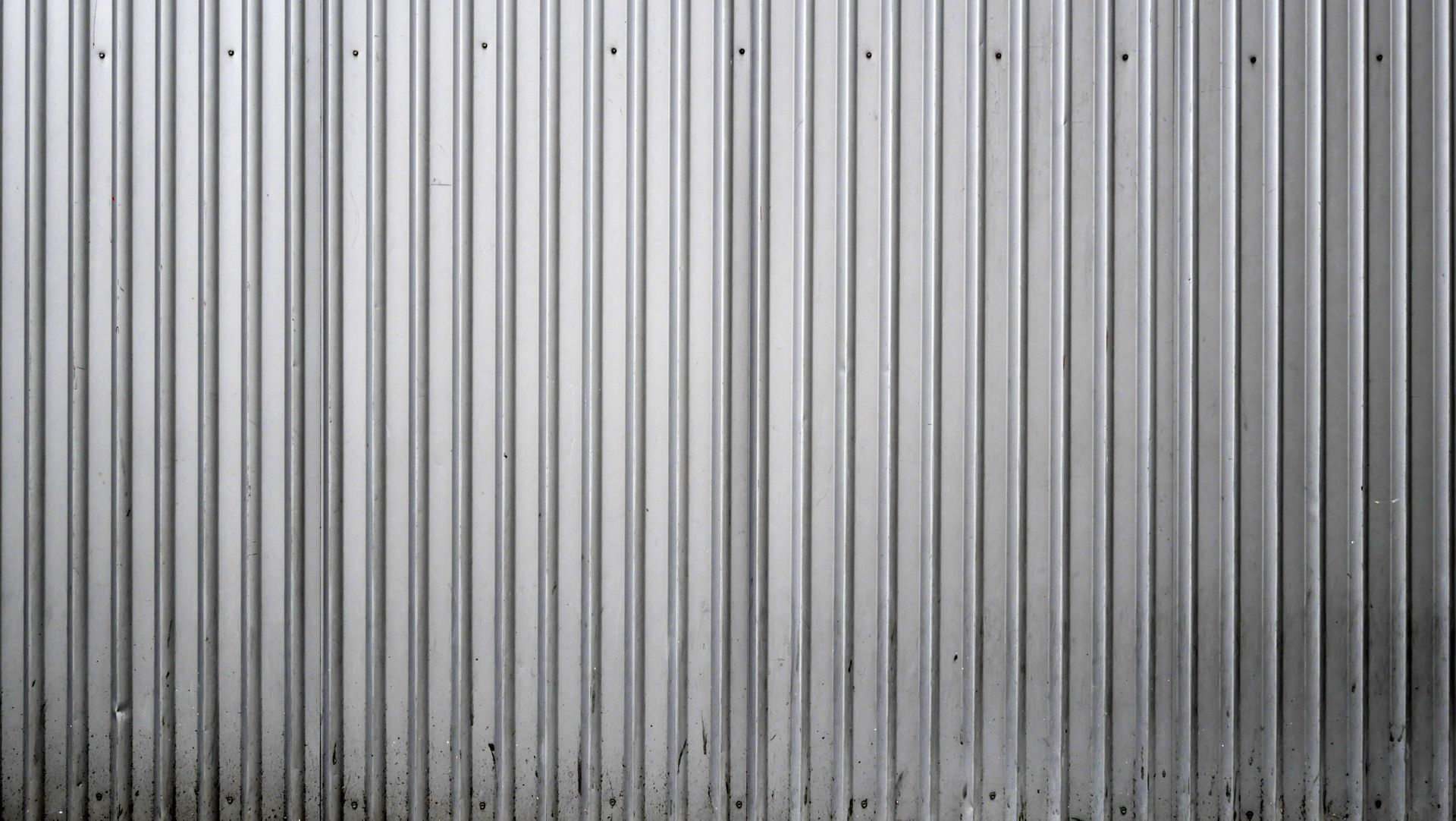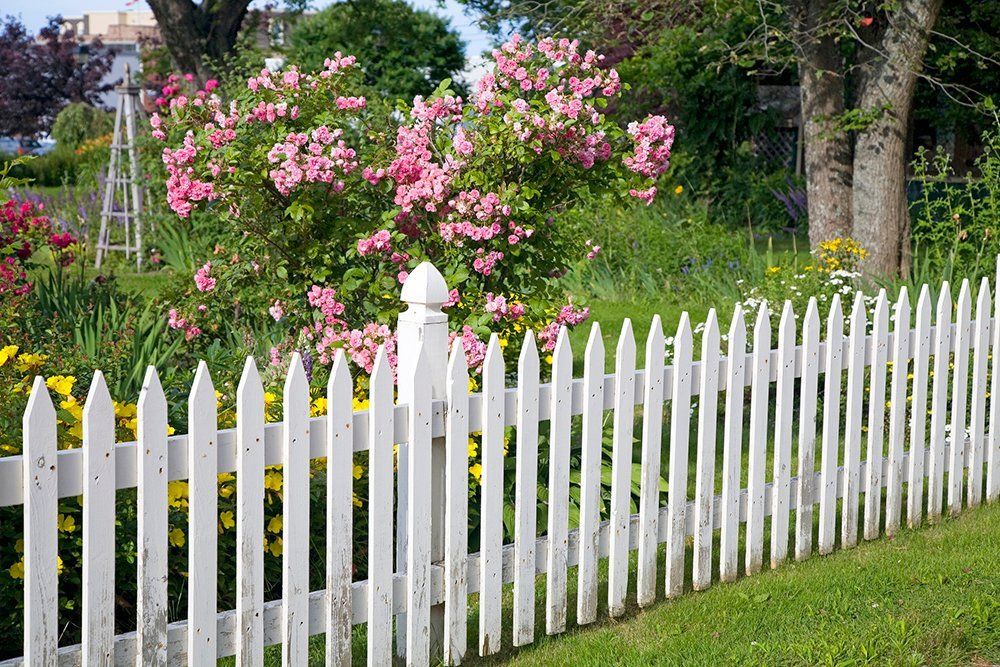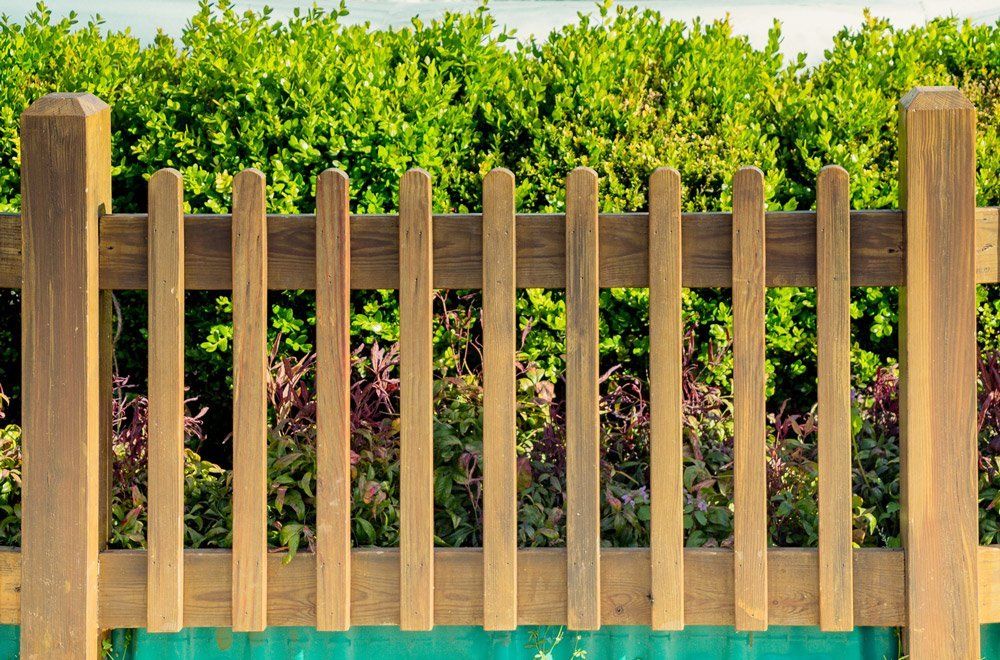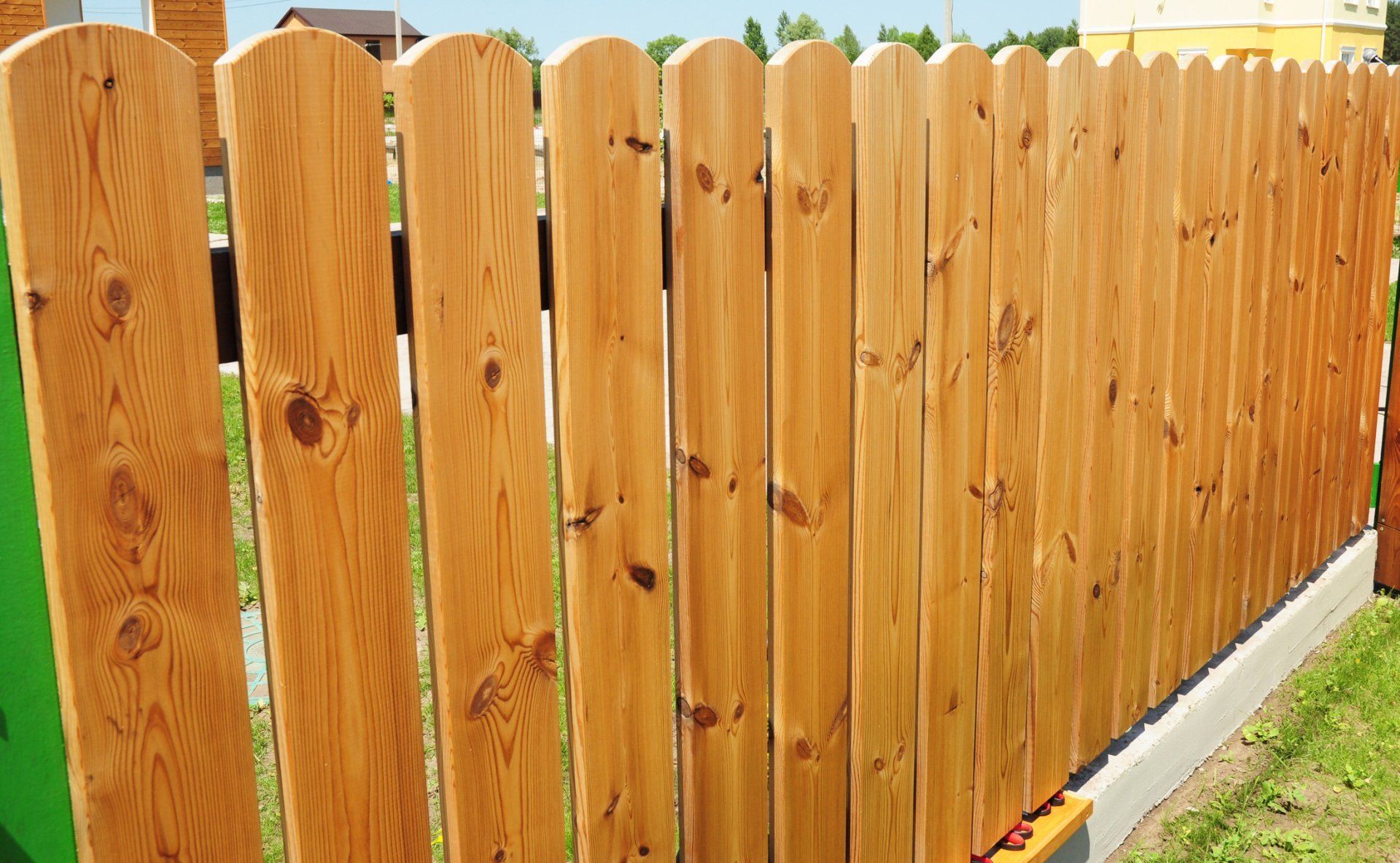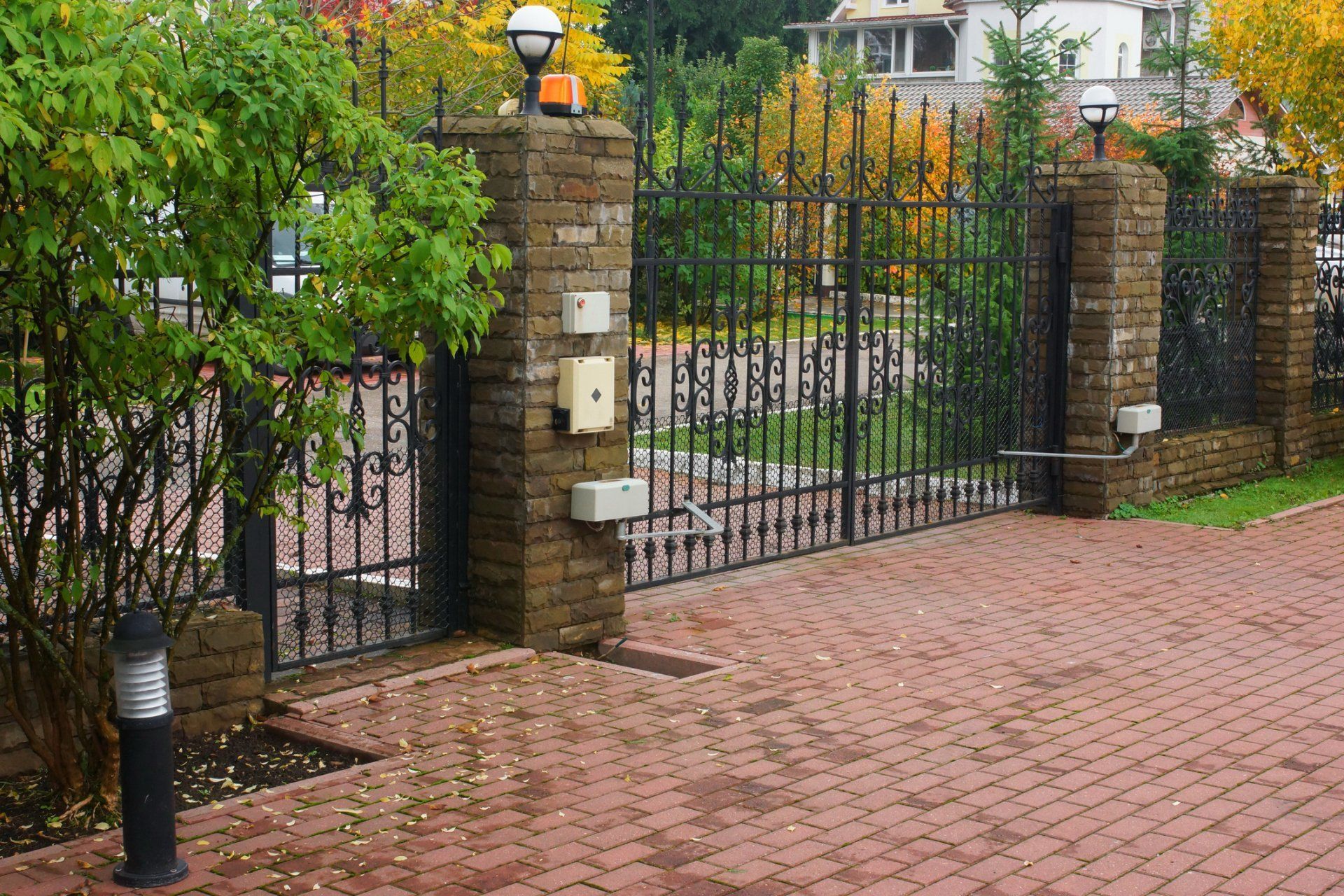3 BENEFITS OF A CEMENT BASE FOR FENCE INSTALLATIONS
Admin • June 17, 2020
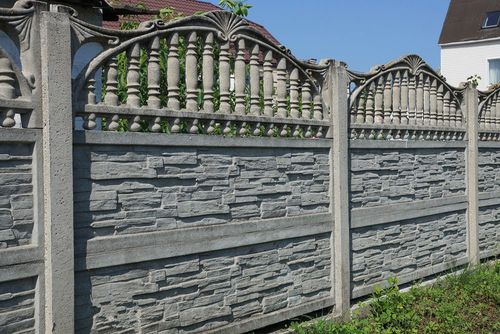
As you add a fence to your yard or driveway, the base of the fence is an important aspect to consider. When you install a fence, you want the structure to stand and last for years. One way to help your fence is with a cement base. Pour the concrete at the same time as the fence installation or before the fence has been installed.
Learn about the benefits of a cement base and how the base will help expand the life of your fence for years into the future.
1. Increase Weather Stability
High winds from tropical storms and hurricanes could create major damage to fences. Even if the fence is stable in the ground, heavy rains and mud could expose the base of the fence and cause the design to lose stability.
With a cement base, a fence will have a secure anchor in the ground. Water will not penetrate into the cement and drain off the sides and away from the fence. Each post of the fence will go deep into the cement base and offer protection. When high winds blow, the strength of the cement will keep posts stable and help prevent any major fence damage.
During the winter, when the ground freezes and thaws out, the posts could loosen or change location. The cement will remain stable in the ground and help prevent any changes as your lawn goes through seasonal changes.
2. Prevent Animal Digging
A fence installation is often used to help block animals from coming into the yard and pets from escaping the yard. One of the more vulnerable areas of the fence is the bottom because animals can easily dig holes and tunnels to go under the fence. A deep cement base will block out digging efforts and create added obstacles and pets and wild animals.
For example, if you have a two-foot cement base in the ground, then you will help deter underground animals like moles from gaining access to the yard. Other animals like rabbits, skunks, and raccoons may also try to dig holes or tunnels, and the cement acts as a natural blocking mechanism.
Along with the holes, as animals try to squeeze through the fence, they could damage the bottom of a fence. Chain-link fences could bend, wooden fences could splinter, and other fence types could chip off.
If you have gardens in your backyard, the cement will help block out the animals from eating flowers, vegetables, and other plants.
3. Prevent Weed and Vine Growth
When you install a fence over the natural soil, you may find yourself with a lot of weeds and plants growing through the ground. During the spring and summer, you may need to tend to the area with trimmers and other garden tools. Eliminate yard work and protect the condition of your fence with a cement base.
The base will help stop weed growth and keep the fence clear from vines. When vines grow around fence pickets, the natural growth could put pressure and stress on the fence elements. Over time, the growth of plants could damage fencing. For example, years of growth from wisteria could cause pressure on fences and trap in excess moisture.
The plants could also attract unwanted insects to your fence. Carpenter ants could eat away at the wood of your fence if they have easy access through overgrown weeds and vines. An expanded cement area will help block off plants and give you a lot less to trim and cut off fences.
To get help with all your fence installation needs, contact us at Pioneer Fence of Greenville. We have years of experience installing stable and long-lasting fence designs for all types of property.
Your driveway gate plays an important role. If you're in the market for a new driveway gate, consider one of the popular styles below.
A neglected fence may become an eyesore, but if it's made of durable material, you don't need to replace it yet. Follow these steps to spruce up your fence.
Wildlife can harm your garden, but fences can keep critters from your growing plants. Learn more about five questions to ask when designing a garden fence.
If fence installation is next on your list of home improvement projects, take a look at these questions to ask before you make a dramatic color change.
Building a new fence requires budgeting. Find out the factors that affect the cost of your fence. Some of those factors you can control to save money.


